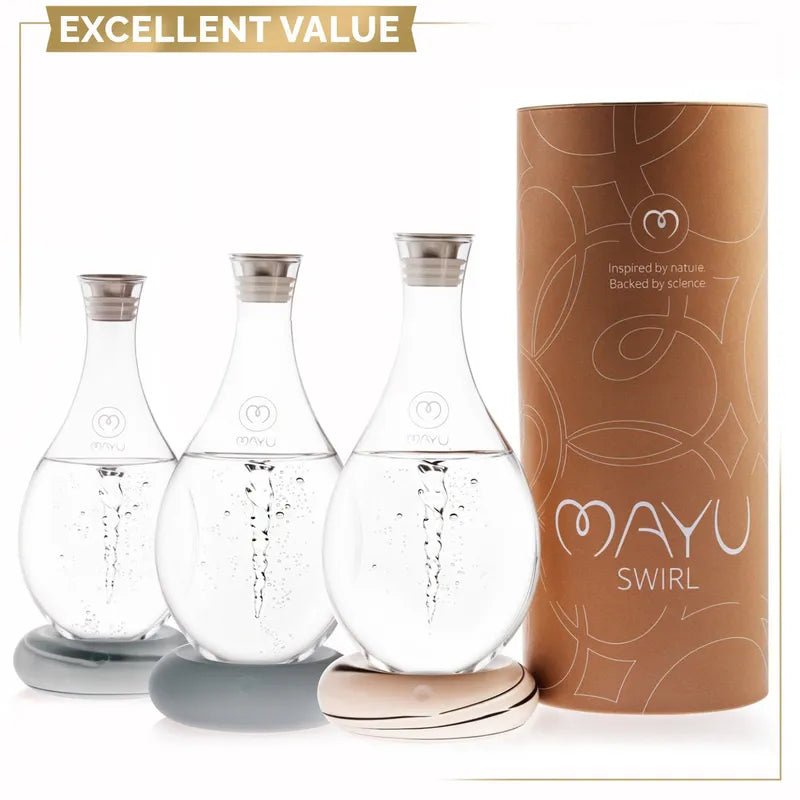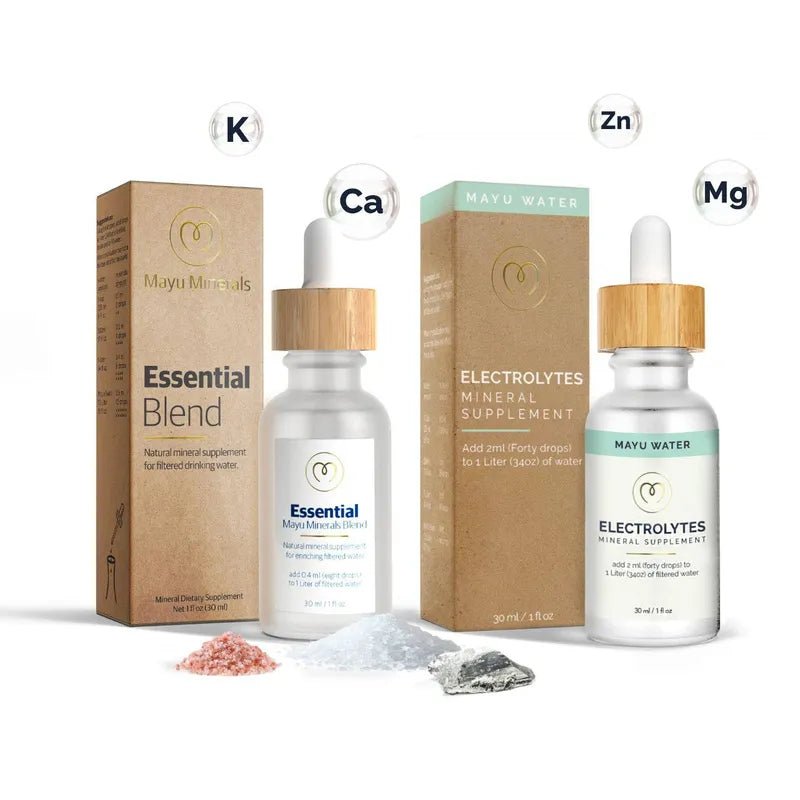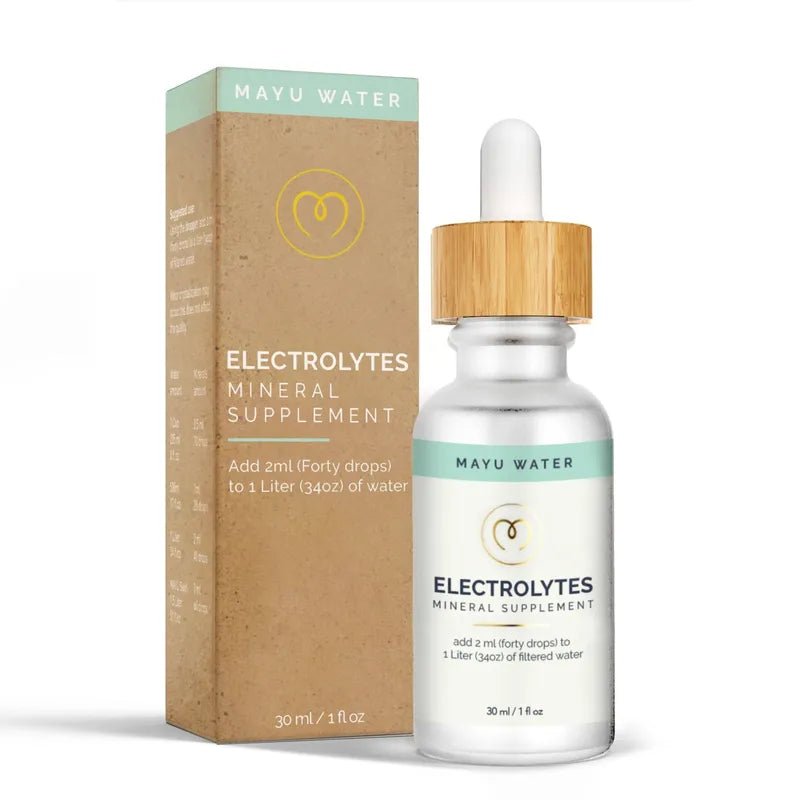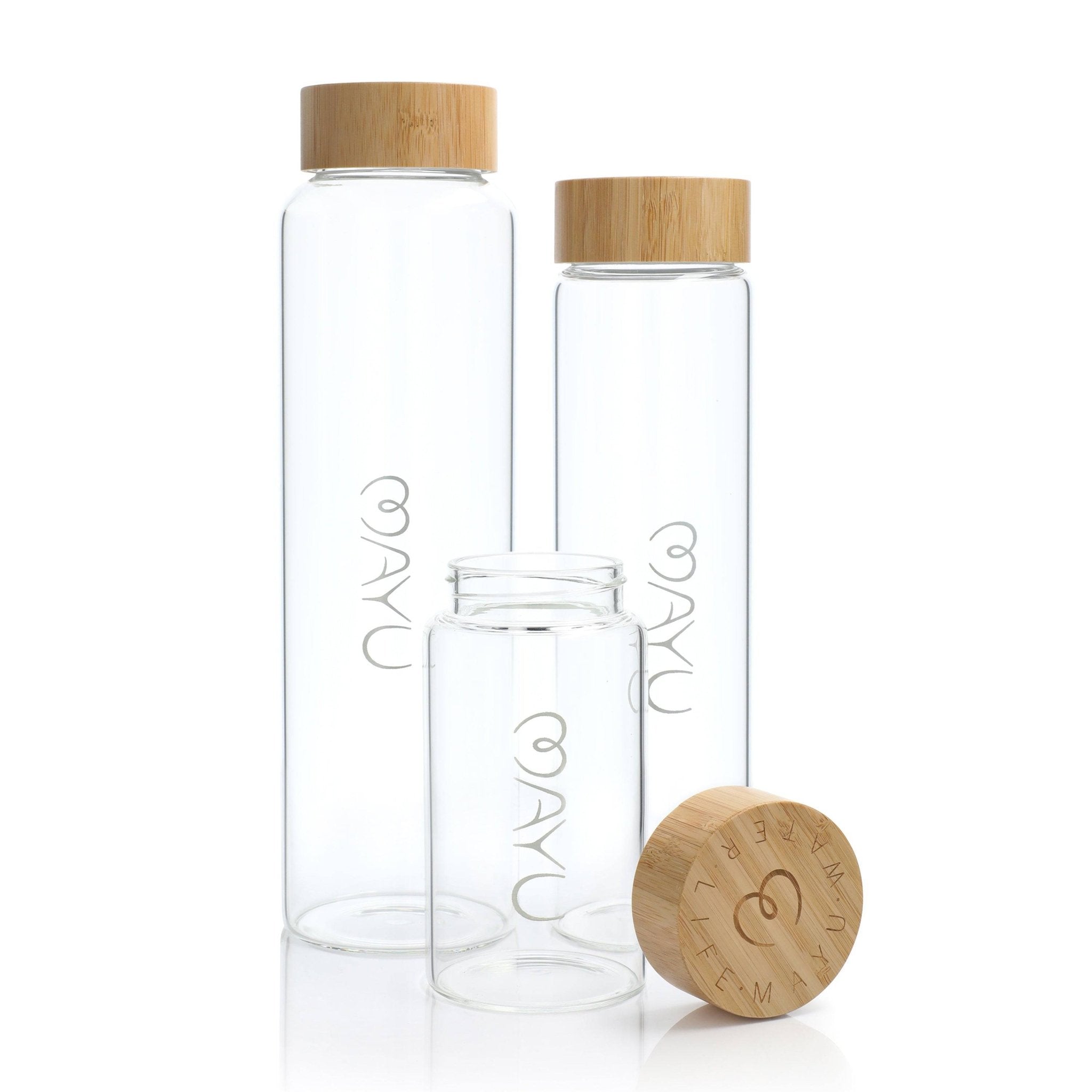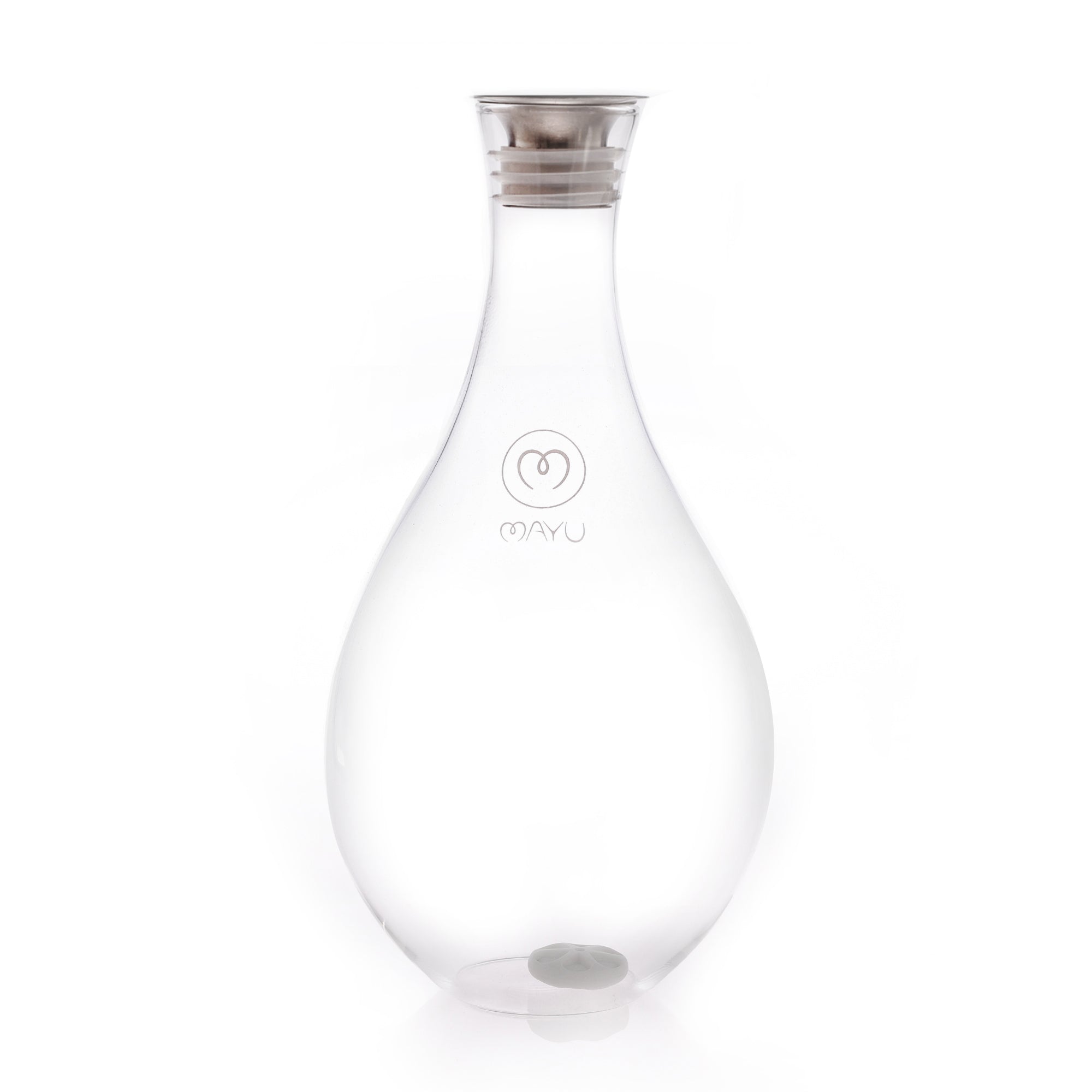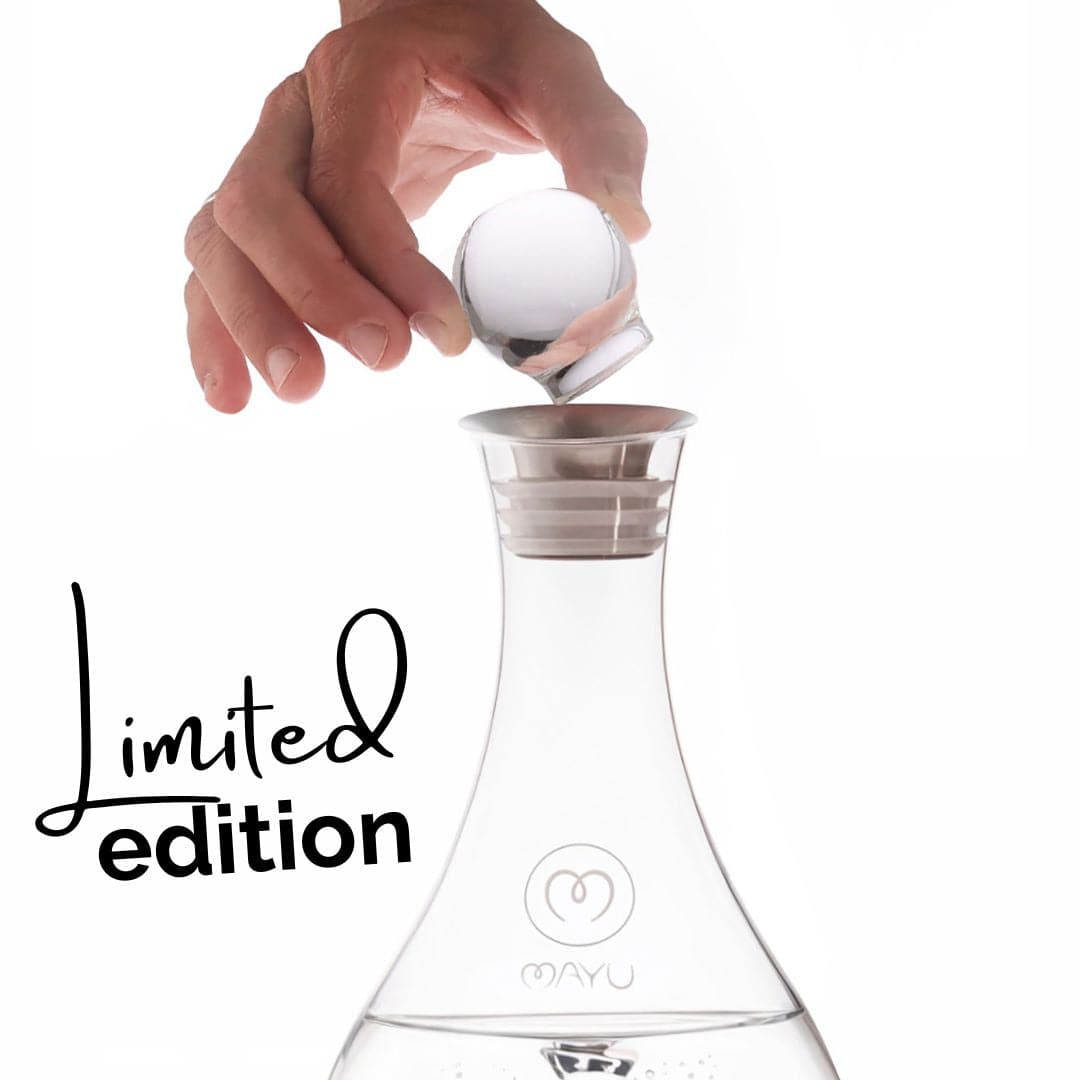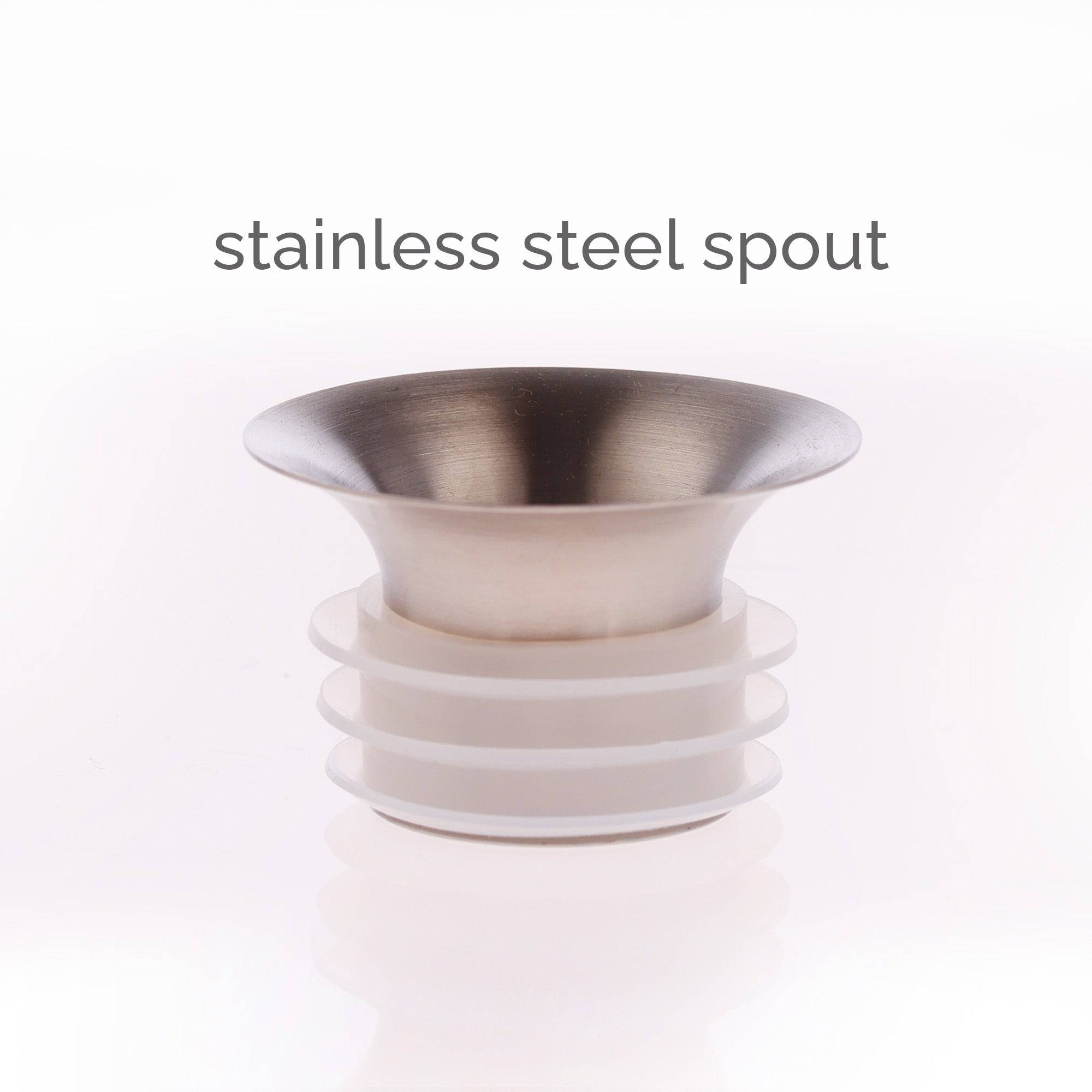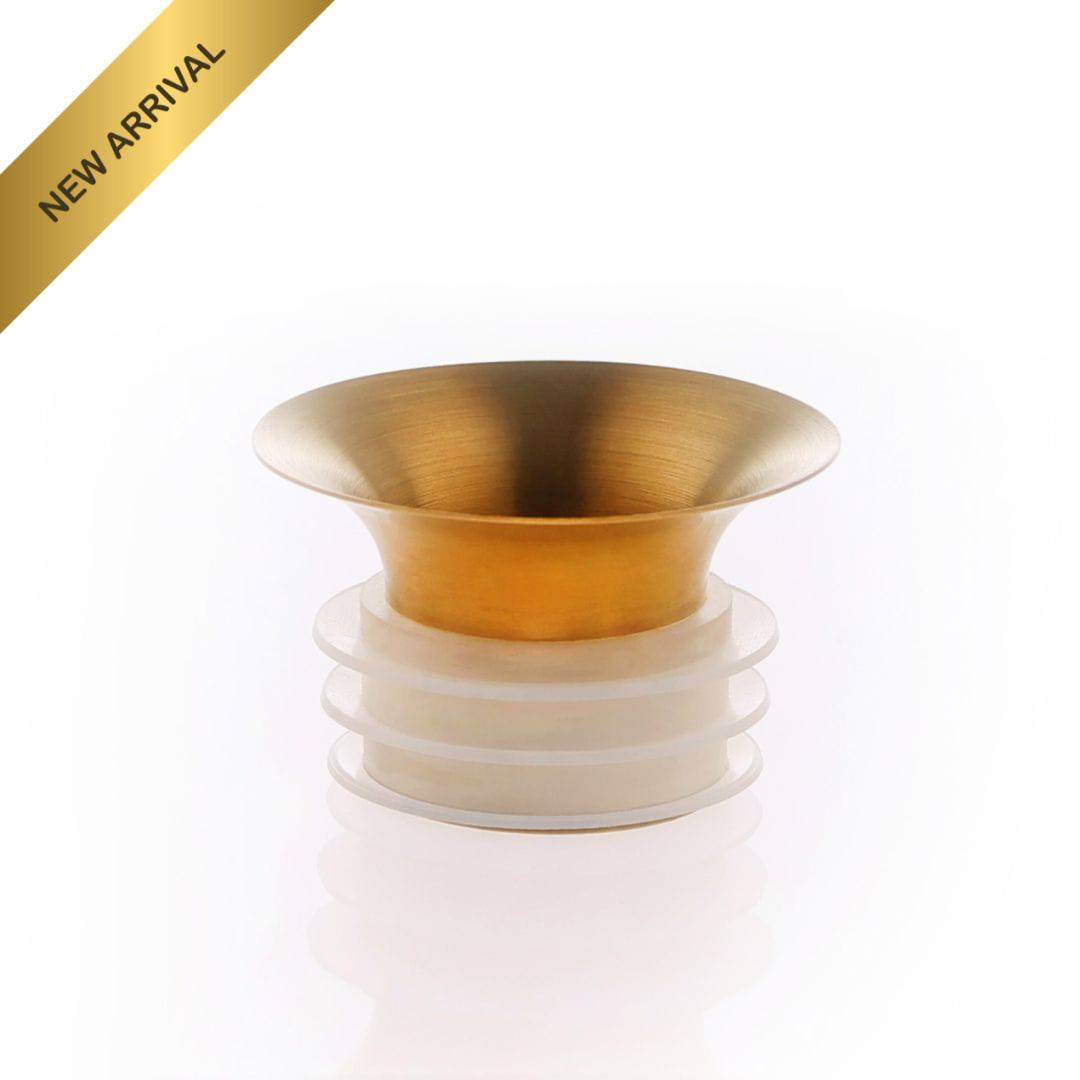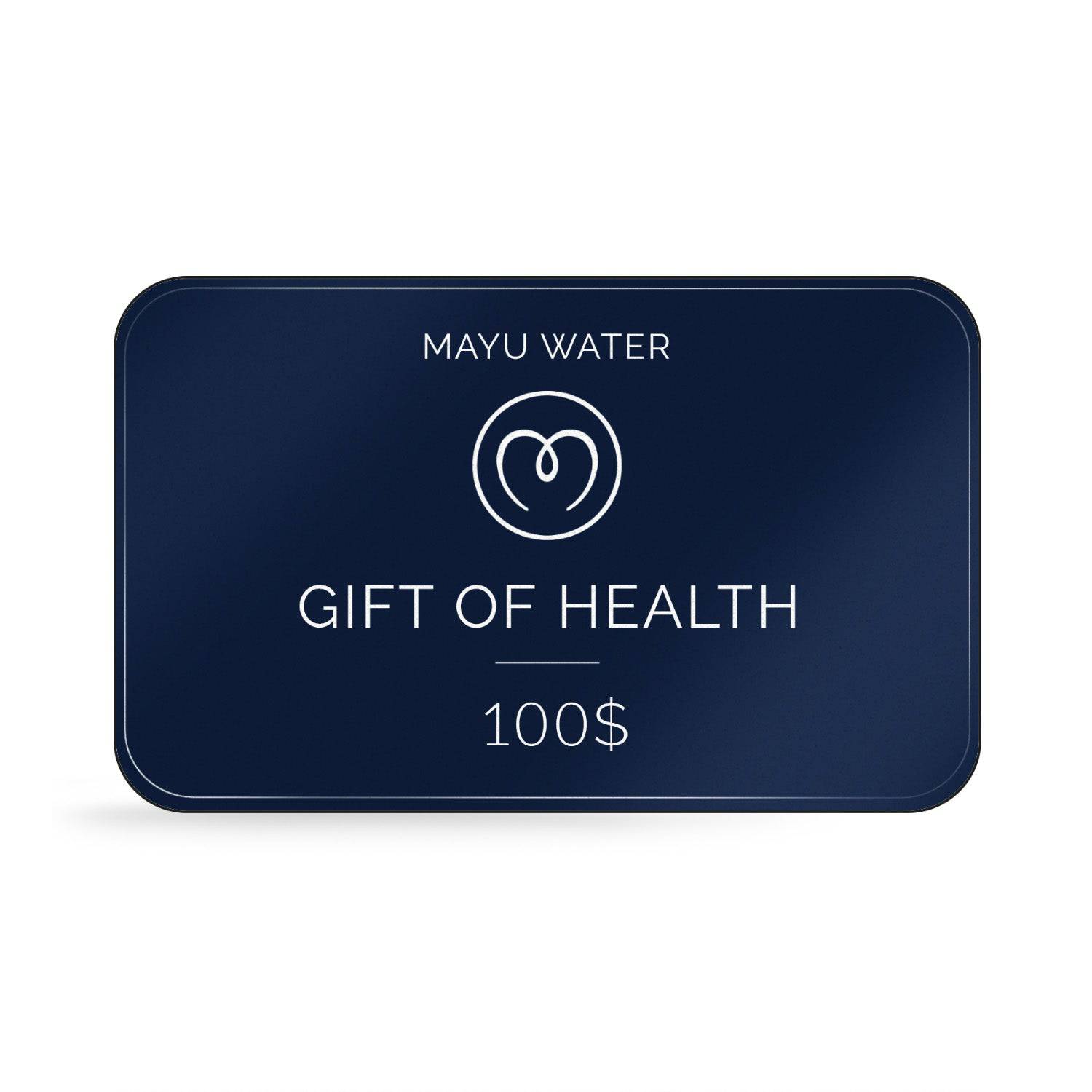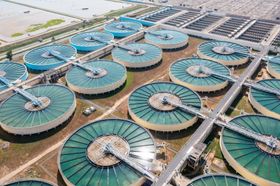Electrolyte Water vs Alkaline Water: Which is Better for You?
Beyond basic hydration: Explore electrolyte and alkaline water to unlock targeted benefits and
Updated February 10, 2025

Choosing the right water isn't just about quenching your thirst—it's about revitalizing your body with essential minerals, maintaining hydration, and keeping your pH levels in check to improve your well-being.
Let's explore the differences between electrolyte and alkaline water to unlock targeted benefits for workouts, recovery, and overall well-being.
What Is Electrolyte Water?
Electrolyte water contains essential minerals like sodium, potassium, and magnesium. You lose them through sweat during intense workouts or in hot, humid conditions. They're the key to improving athletic performance, speeding up recovery, preventing muscle cramps, and reducing fatigue.
Besides improving athletic performance, electrolyte water has a low calorie and sugar content when compared to sports drinks. Combining them with carbohydrates or dipeptides also ensures faster and more efficient hydration than drinking it alone.
Are Electrolytes Healthy?
They improve rehydration by improving how we absorb water into our cells, but choosing brands with moderate electrolyte levels and minimal additives and sugar is crucial. An excessive intake of sodium or other minerals can cause imbalances with symptoms like muscle weakness.
Can you take electrolytes on an empty stomach?
Some people tolerate electrolytes well without food, while others may experience some stomach issues. You should adjust your intake based on personal tolerance.
What Is Alkaline Water?
Alkaline water—with a higher pH level—usually around 8 or 9—than regular water—around 7—has gained popularity due to claims about its potential health benefits that are yet to be proven.
These include:
- Neutralizing acidity: While the body naturally regulates its acid–base balance, some studies suggest that alkaline water can reduce the risk of osteoporosis.
- Antioxidant properties: Alkaline water may potentially possess antioxidants, which help combat inflammation in the body.
- Hydration: It's thought alkaline water's smaller cluster size leads to better absorption at the cellular level, potentially enhancing hydration.
Is Alkaline Water Safe?
While alkaline water has potential benefits, excessive drinking—especially with a pH exceeding 9.5—can disrupt your body's natural pH balance. This distortion can cause nausea, vomiting, muscle twitching, and confusion. Those with kidney disease should also be careful, as they might develop metabolic acidosis.
Note: Research on the long-term effects of alkaline water is ongoing, and conclusive evidence for various claimed benefits and risks is still missing.
Electrolyte vs. Alkaline: Which Water Is Right for You?
When choosing between the two types, it's essential to factor in your activity level and hydration needs. If you're an active individual seeking optimal performance, electrolyte water might be for you. For those focused on general health and well-being, alkaline is worth exploring.
Fuel Your Body, Boost Your Life
The best water is the one that aligns with your individual needs and preferences. Consult your healthcare provider for personalized guidance, especially if you have underlying health conditions. Remember, hydration is crucial for everyone, regardless of your choice.
You can also try Mayu's electrolyte drops, whether tackling a workout or simply looking to stay hydrated. They enrich your water and support your immune system with 72 essential nutrients free from sugar, acid, or additives.

